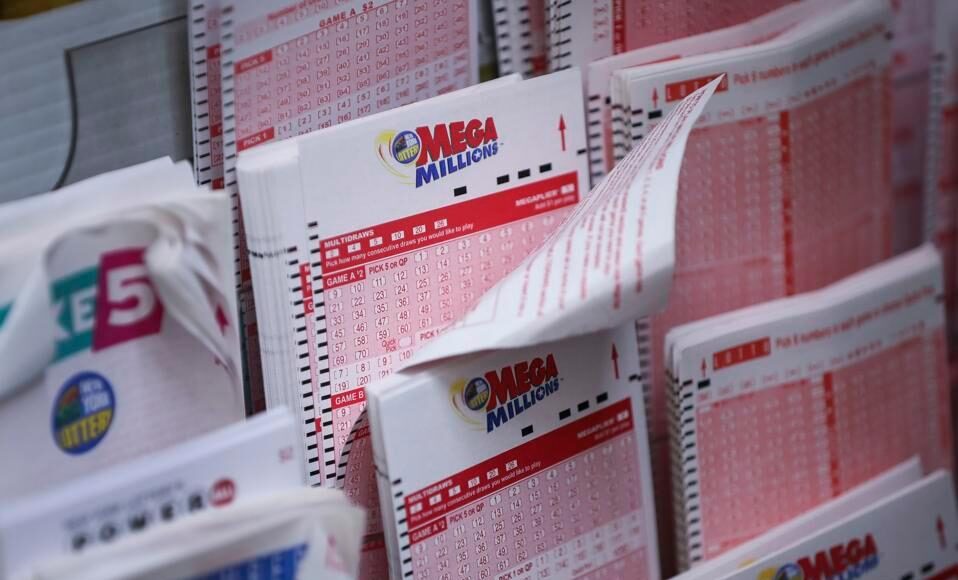The Mega Millions jackpot reached an estimated $875 million after no winning tickets were drawn Friday night, though an eventual winner—facing one-in-302-million odds—would take home less than half that amount after paying the required taxes.
A ticket holder matching all five white balls and one “megaball” for the grand prize can choose between a payout over 30 annual installments or a one-time lump sum of $413.5 million.
If the winner chooses the more popular lump sum option, the winnings would be reduced to $314.2 million after a mandatory 24% federal tax withholding, while a federal marginal rate as high as 37%—depending on the winner’s taxable income and other tax deductions—would cut the winnings down to $260.5 million.
Annual installments would pay an average of nearly $18.4 million with a 37% federal marginal rate.
Lottery winnings are also subject to taxes in some states, including rates as high as 10.9% in New York ($45 million) to as low as 2.5% in Arizona ($10.3 million), while other states like California or Texas don’t tax winnings.
The jackpot is the sixth-largest in Mega Millions history. The five largest grand prizes were all $1 billion or more.
Mega Millions will hold its next drawing at 11 p.m. EDT on Tuesday. Powerball will hold its next drawing Saturday night for a $600 million jackpot. That grand prize includes a $285.9 million lump sum option, which would be reduced to $217.2 million after a 24% federal tax withholding or to $180.1 million with a federal marginal rate of 37%.
1.5 million. That’s how many non-jackpot-winning tickets were sold for Friday night’s drawing. Of those, one ticket matched all five white balls to win a $1 million prize. Nearly 21.5 million non-jackpot-winning tickets have been sold since the Mega Millions jackpot was last won in December.
The Mega Millions and Powerball lotteries announced rule changes in 2017, which increased the pool of white balls to choose from. The odds of winning either lottery subsequently decreased, allowing larger jackpots to accumulate over longer periods. Because of the change, most of the largest lottery jackpots in U.S. history have been won over the last seven years.
Here’s Why There Have Been So Many Massive Jackpots Recently (Forbes)








